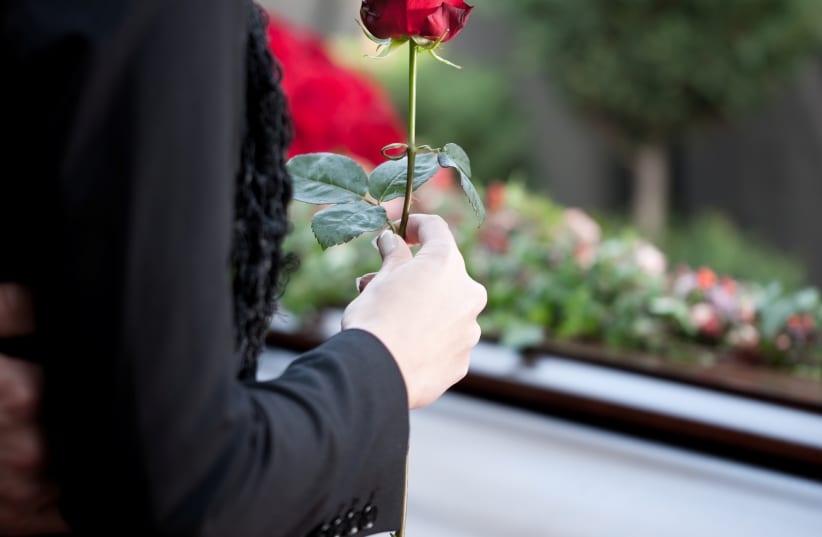Details surrounding her actual cause of death are ambiguous, with Israa’s family denying the accusations, claiming that she died from a heart attack. The Palestinian Authority has not officially commented on the alleged killing either.“Israa was murdered by members of her family after she posted a selfie video of an outing with her fiancé. The crime is being called an ‘honor’ killing, but this is misleading and false. There is no honor in murder,” the Palestinian NGO Adalah Justice Project said in an official statement.Friends and supporters claim that she was beaten to death by her relatives; some social media accounts claim that she died at home after being assaulted in the hospital.“After I heard what happened to Israa, I was terrified,” said Qamar al-Masri, who went to high school with the victim, according to the Middle East Eye. “I live with my family and I have my freedom to go wherever I want. But what if someone started to spread rumors about me? Will that lead to my death, too?”Social media users, including Arab celebrities, have reacted with disgust, solidarity and grief for Israa, starting the Arabic hashtag #WeAreAllIsraa, which emerged five days ago and continues to be trending online. Many also called on the Canadian government to arrest the brother for her murder.Anyone who was in that hospital and heard her scream/ beg for help and didn’t help her is a MURDERER!#كلنا_اسراء_غريب pic.twitter.com/vU8CRbR55h
— NKA (@noufalnassiri) August 30, 2019
Palestinians in the West Bank have expressed outrage as well, with a protest in Bethlehem’s Manger Square calling for the criminalization of these acts and for the issue to be brought to the forefront in order to bring about change.According to her supporters, Israa followed “social protocol.” She was engaged to her fiancé with the permission of her parents, was accompanied by a chaperone for all of their meetings and also wore a hijab regularly.“As a survivor of an honor killing, Israa’s story triggered a deeply embedded fear of mine,” blogger Fadumo Adan told The New Arab.“We live in a world where honor killing happens every single day. We experience scrutiny, close monitoring and violation of privacy and boundaries. Muslim women are now gaining control over their financial, economic, legal and reproductive decision-making power.“Honor killings will never be justifiable. We shouldn’t have to mitigate the risk of honor killings by limiting our own person freedom, autonomy and self-determination.”What happened to Israa is heartbreaking, disgusting and barbaric. Her family must be prosecuted & pay for their crime. Nobody should be able to get away with murder in the name of fake “honor.” They have no honor: She was their honor.#كلنا_اسراء_غريب الله يرحمك ويعوض شبابك بالجنه pic.twitter.com/JtRcmpG3K6
— هيـا ثـامـر (@Ha_almu) August 31, 2019
rest in peace #كلنا_اسراء_غريب pic.twitter.com/HMRehjilSI
— نُور (@noorolemat17) August 31, 2019
